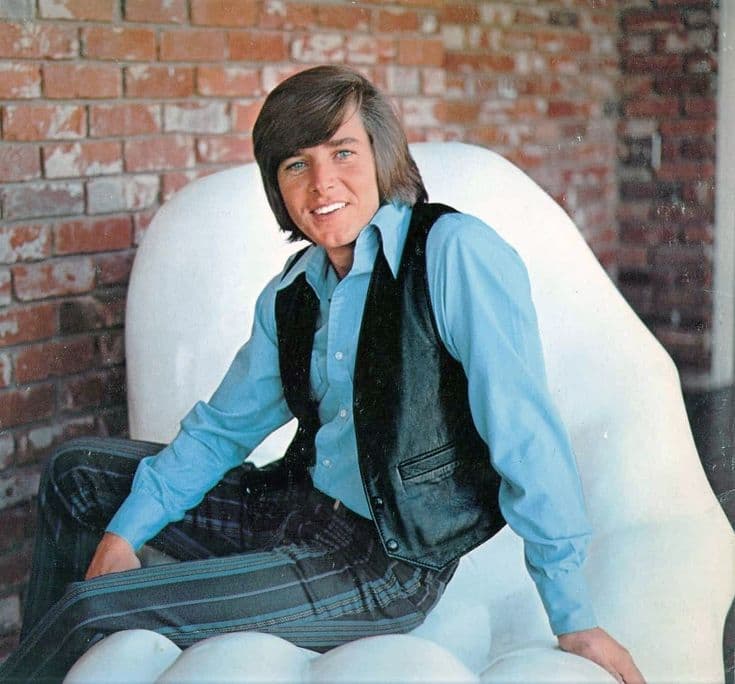
“Show Me”: A Timeless Plea for Love’s Assurance
Ah, the sweet echoes of a bygone era. For many of us who remember the vibrant, sometimes dizzying landscape of late 1960s and early 1970s pop music, the name Bobby Sherman instantly conjures images of youthful charm, wholesome romance, and tunes that effortlessly burrowed into our hearts. He was the quintessential teen idol, his face adorning countless magazine covers and bedroom walls, a pop phenomenon whose melodies provided the soundtrack to first crushes and innocent dreams. And among his gentle, earnest offerings, one song, in particular, resonates with a simple yet profound plea that still touches a chord today: “Show Me.”
Released in 1970, “Show Me” was a track from his album “With Love, Bobby.” While not one of his absolute highest-charting hits, like the ubiquitous “Little Woman” or “Julie, Do Ya Love Me” (which reached No. 3 and No. 5 on the Billboard Hot 100, respectively), “Show Me” still made its mark, a testament to Bobby Sherman‘s consistent popularity during his peak. It found a comfortable spot on the charts, further cementing his status as a formidable presence in the bubblegum pop genre. This wasn’t a song designed to shatter musical boundaries or provoke deep societal thought; rather, its power lay in its heartfelt simplicity and universal appeal.
The story behind “Show Me” isn’t one of dramatic backstage battles or tumultuous personal revelations, as is often the case with rock anthems. Instead, it’s a reflection of the era’s focus on sincere, unembellished emotion. Bobby Sherman‘s appeal was rooted in his relatability; he was the boy next door, the kind of gentle soul you could easily imagine singing these words directly to you. The song perfectly encapsulates the yearning for certainty in a burgeoning romance, a sentiment that transcends generations. It’s a quiet plea from a lover who has heard the sweet words and felt the tender touches, but now seeks something more tangible, something irrefutable.
The meaning of “Show Me” is as clear as a summer sky: it’s a vulnerable request for proof of affection. The lyrics speak to a gentle insecurity, a common human experience in love. “You say you love me,” he sings, “but show me.” It’s not a demand born of distrust, but rather a hopeful longing for reassurance, for actions to validate the spoken sentiments. In a world that was rapidly changing, with youth culture exploring new frontiers, Bobby Sherman offered a comforting return to fundamental feelings. He tapped into that universal desire for true connection, for a love that isn’t just whispered, but demonstrably real. For older readers, it’s a walk down memory lane to a time when romantic gestures were perhaps simpler, more direct, yet no less potent. We remember those feelings of hopeful anticipation, those moments when a simple touch or a shared glance could mean the world.
“Show Me” is more than just a song; it’s a miniature time capsule. It carries with it the innocence and sincerity that defined Bobby Sherman‘s musical persona. His smooth, earnest vocals, coupled with the song’s gentle melody, created a sonic embrace that made listeners feel understood. It reminds us of an age when pop songs could be sweet and uncomplicated, offering a brief, delightful escape from the complexities of life. So, close your eyes for a moment, let the melody drift through your mind, and allow yourself to be transported back to a time when a simple plea like “Show me that you care, truly care,” was all it took to make a young heart flutter. It still is, isn’t it?